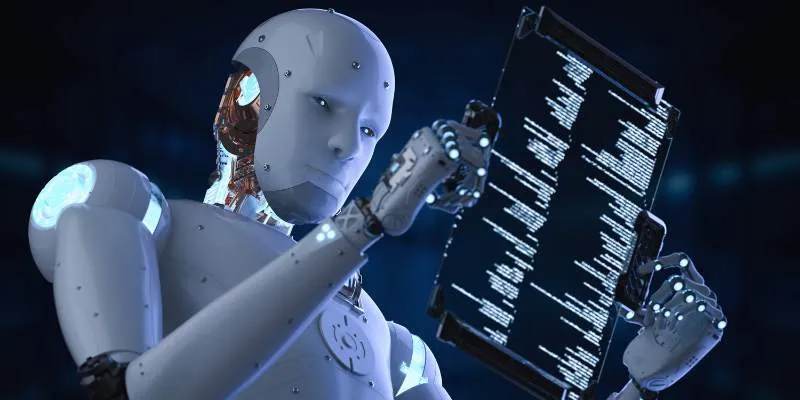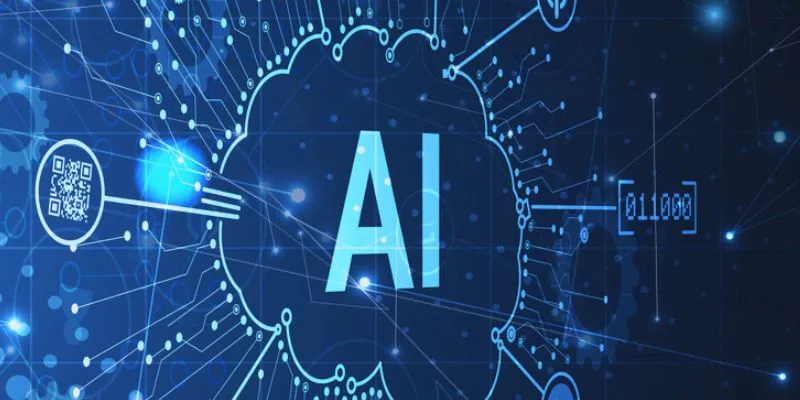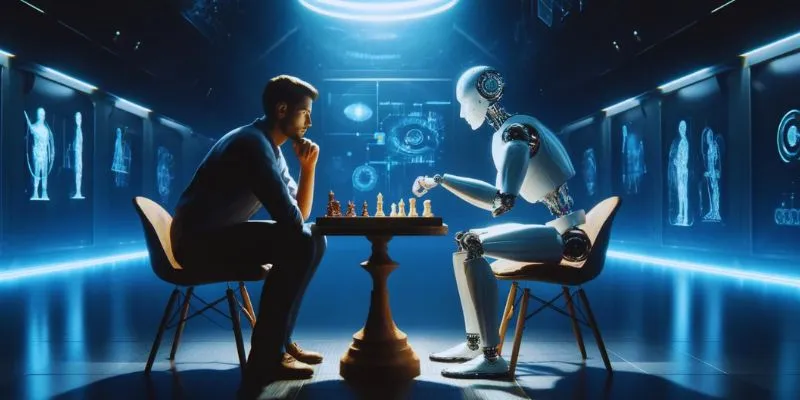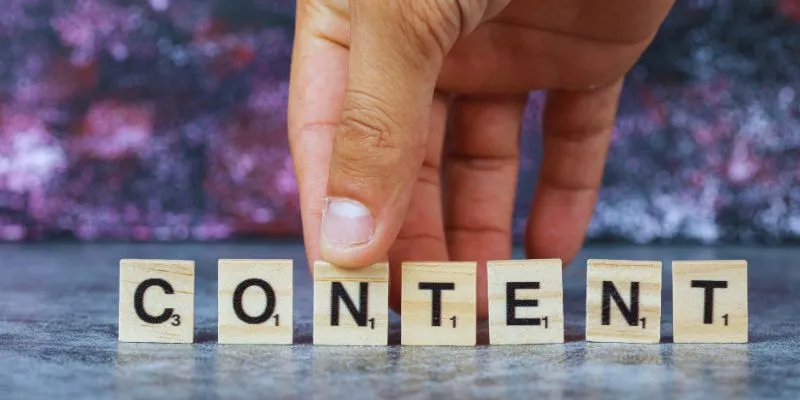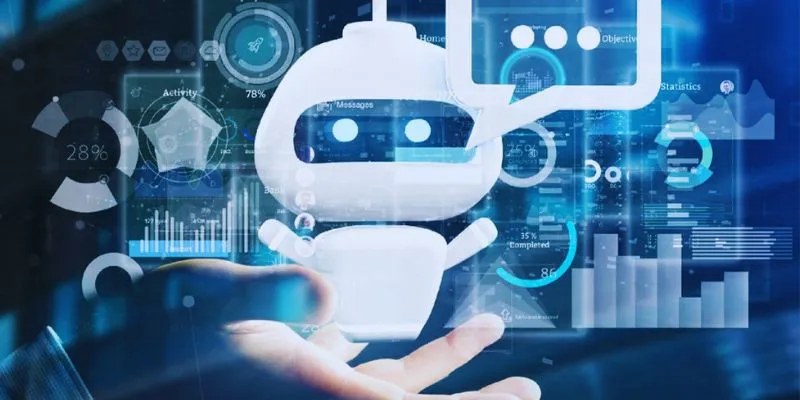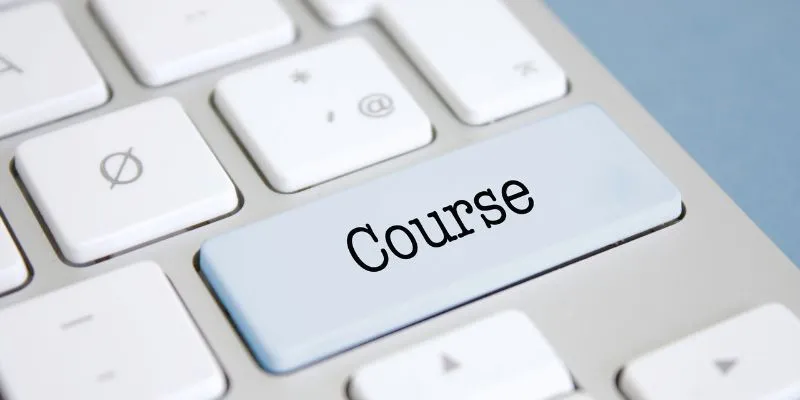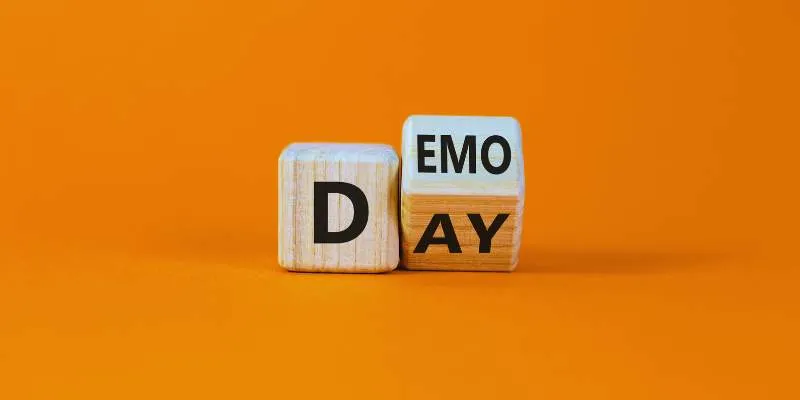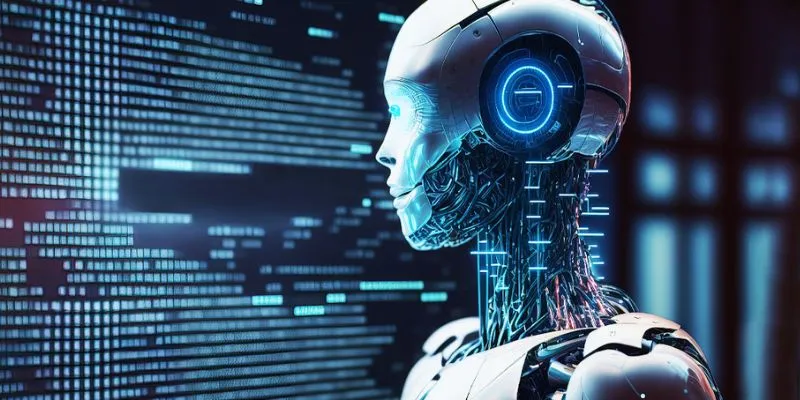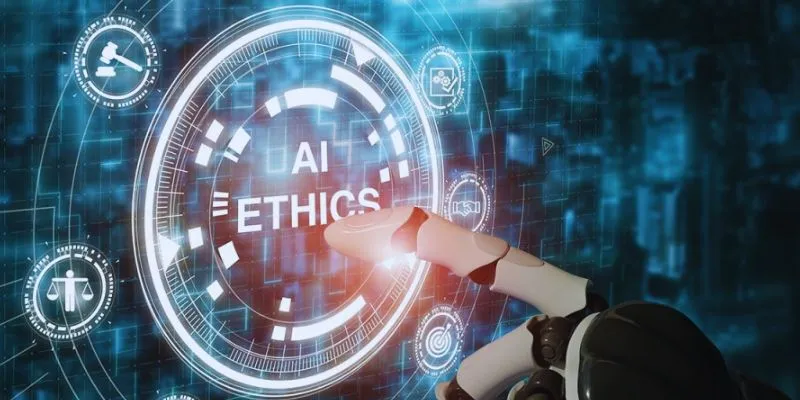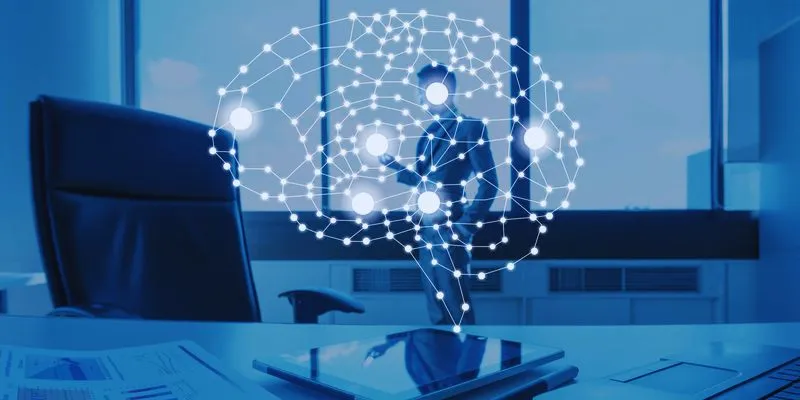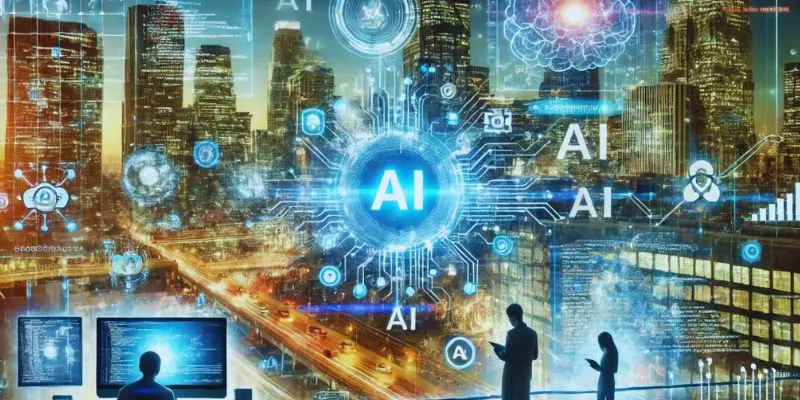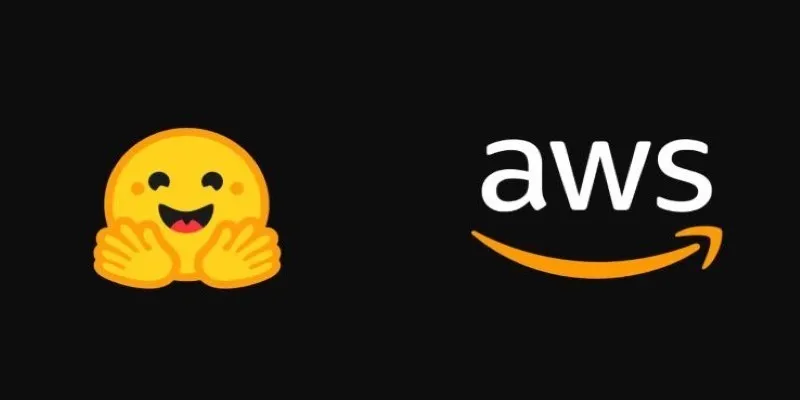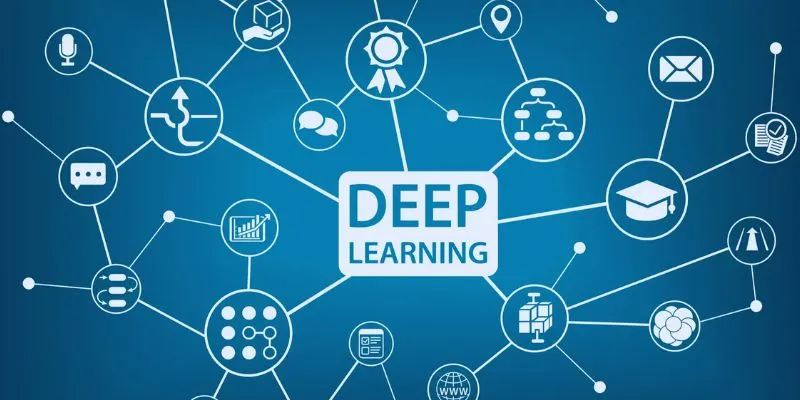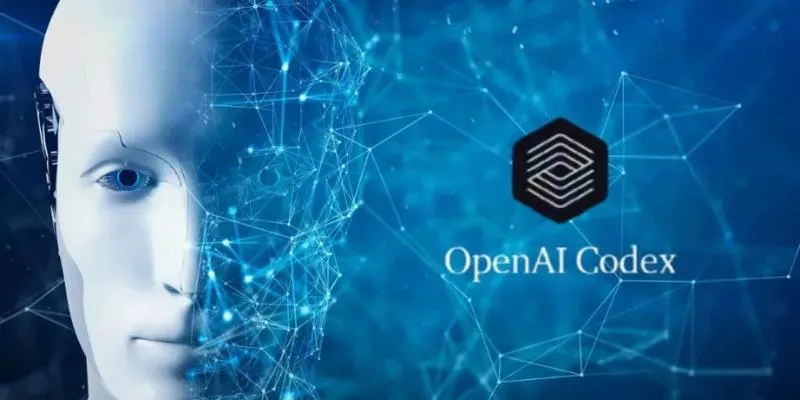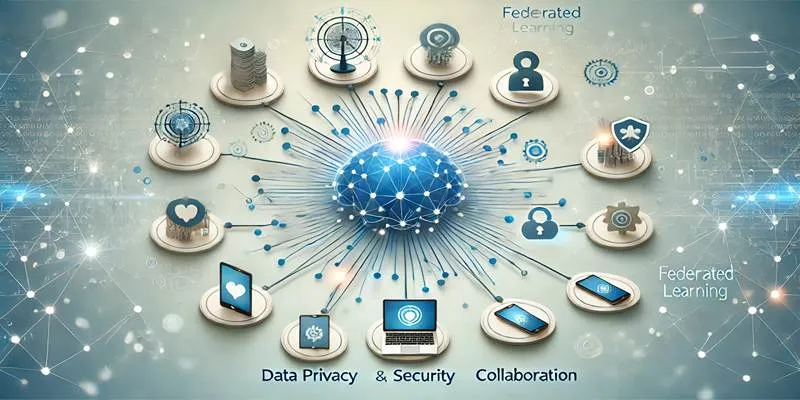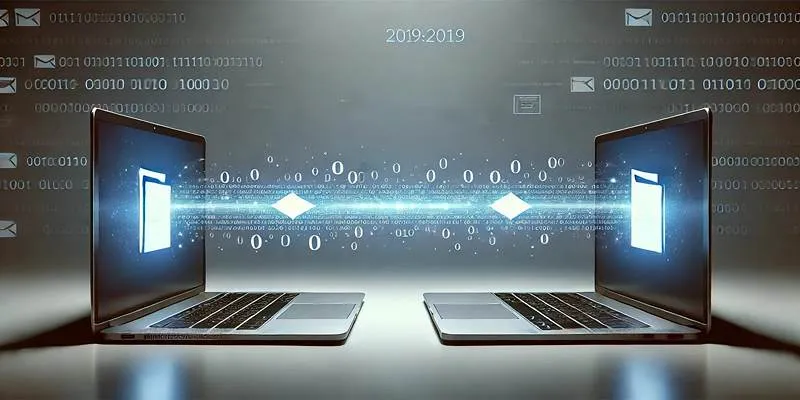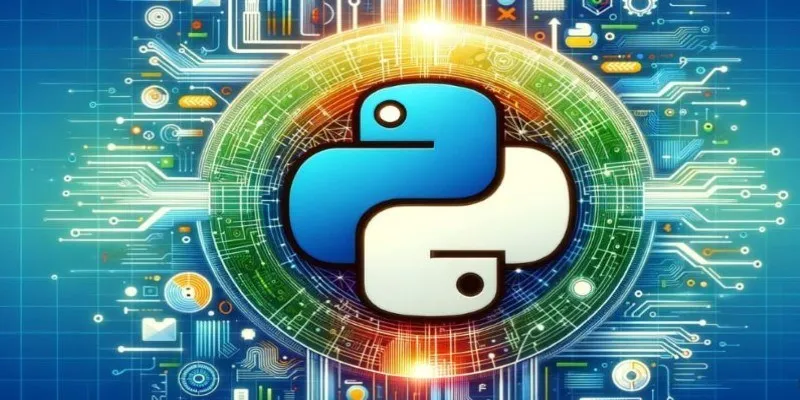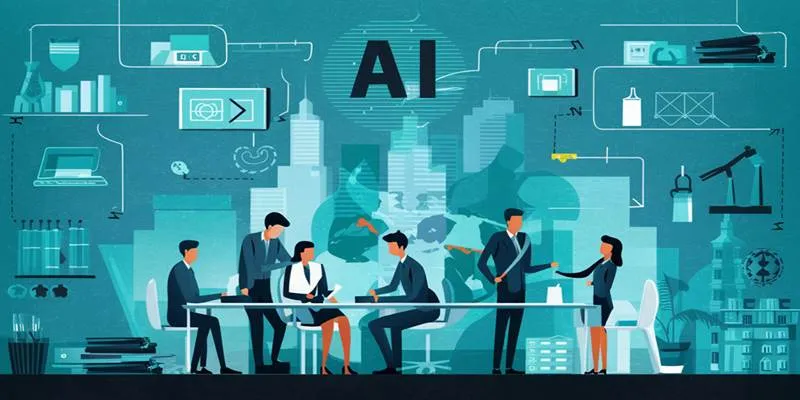Artificial intelligence (AI) is evolving at a rapid pace, becoming increasingly intelligent and creative. From composing music and creating visuals to writing stories and designing machinery, AI’s capabilities prompt new discussions about its role as an inventor. Historically, copyright and patent laws have protected human creators from infringement, but these laws were not designed with machines in mind.
This raises the question: If a programmer is credited, should anyone else own the creation? Some experts argue that AI is merely a tool, while others believe it could be more. Various court rulings and legal debates have emerged around this topic. While some countries have made decisions, others remain undecided. As AI continues to advance, society must determine how to address these creations. This guide explores current laws and potential future developments.

Understanding Copyright: Its Importance and Challenges
Copyright protects creative works such as books, music, films, and software, granting authors legal rights over their use. Traditionally, copyright laws have only protected original human-produced works. These laws aim to provide financial incentives and legal control to foster innovation. Without such safeguards, creators might hesitate to share their work for fear of infringement. Copyright thus encourages industry-wide innovation and helps protect ideas.
However, existing legislation was not designed to cover non-human creators, leaving questions about AI-generated works. Who owns the creations generated by AI? Should they receive the same protection as human-created works? These questions are essential as AI becomes more prevalent, requiring resolution to prevent legal and ownership ambiguities.
AI’s Role in Content and Innovation
AI systems learn from vast amounts of data, enabling them to generate images, text, code, and even novel ideas. Many AI systems today can produce content independently, without continuous human oversight. For instance, AI can create music, write detailed articles, or invent new products. Some AI systems even solve problems or propose innovative designs never seen before.
This raises a significant question: Does AI create anything truly unique? If so, who should receive credit? Is the AI programmer the true inventor? If no one claims ownership, some view AI as a sophisticated tool, like a camera or paintbrush. Others argue that AI is more advanced and deserves additional legal consideration.
Legal Cases and Court Decisions
One notable case involving AI as an inventor is centered on DABUS, an AI that independently generated two inventions. Stephen Thaler, the designer, sought to register patents naming DABUS as the inventor. However, patent offices in the United States, United Kingdom, and European Union denied these applications, maintaining that only humans could be inventors under current law. Thaler challenged these rulings in court.
While some courts suggested revising laws, others supported the patent offices’ stance. Interestingly, South Africa became the first country to recognize DABUS as an inventor on a patent application. Australia briefly approved it, only to reverse its decision later. These varied decisions highlight global differences in opinion on this issue. Without a clear worldwide consensus, the matter remains unresolved.
AI: Tool or True Creator?
Opinions on AI’s role in creation are divided. Some believe AI is merely a tool, akin to a camera that requires a human operator to make creative decisions. From this perspective, any work generated by AI belongs to the human who used the tool. Others argue that some artificial intelligence systems are different, capable of producing works without human guidance.
These AI systems make decisions and create original work independently, learning from data. Proponents of this view suggest that laws should evolve to reflect these capabilities. If AI behaves like a human creator, it deserves legal recognition. However, this notion raises ethical and legal concerns. Granting legal rights to a machine could impact how we value human creativity.

The Human Element in AI Creations
Behind every AI-generated creation is a human. Humans program AI, train it, and provide the data it learns from. While AI may perform most of the work, humans are typically recognized as the legal creators in most legal systems. Critics argue that this approach is outdated, given that some AI systems now operate autonomously.
Proponents counter that maintaining human ownership and responsibility is the best approach. Crediting machines could undermine human rights and disrupt existing copyright laws. Additionally, machines lack emotions, needs, and responsibilities, making it challenging to grant them legal rights.
The Future of Copyright and AI Legislation
Lawmakers worldwide are grappling with how to handle AI-generated works. Some experts propose amending current copyright laws to include AI-created content. Others argue for developing a new legal framework specifically for AI. One suggestion is to assign copyright to the AI’s owner or developer.
Another idea is to place all AI-generated works in the public domain, allowing anyone to use them. Each option has pros and cons. Changing the law could encourage innovation but also introduce new risks. Ignoring the issue could leave creators and companies without clear guidance on ownership. The World Intellectual Property Organization has initiated global discussions to find common solutions, but no definitive decisions have been made yet.
Conclusion:
AI has revolutionized creativity and the invention process, but copyright laws have yet to catch up. Courts and nations remain divided on whether AI can be considered a creator. Some view it as a tool, while others see it as more. Although this may change, current laws prioritize human involvement. Balancing human rights and technological advancement is crucial. The decisions made today will shape the future of artificial intelligence and creativity. Until then, individuals using AI should be aware of the legal challenges. As AI becomes more sophisticated, this issue will become increasingly pressing and must be addressed.
 zfn9
zfn9
